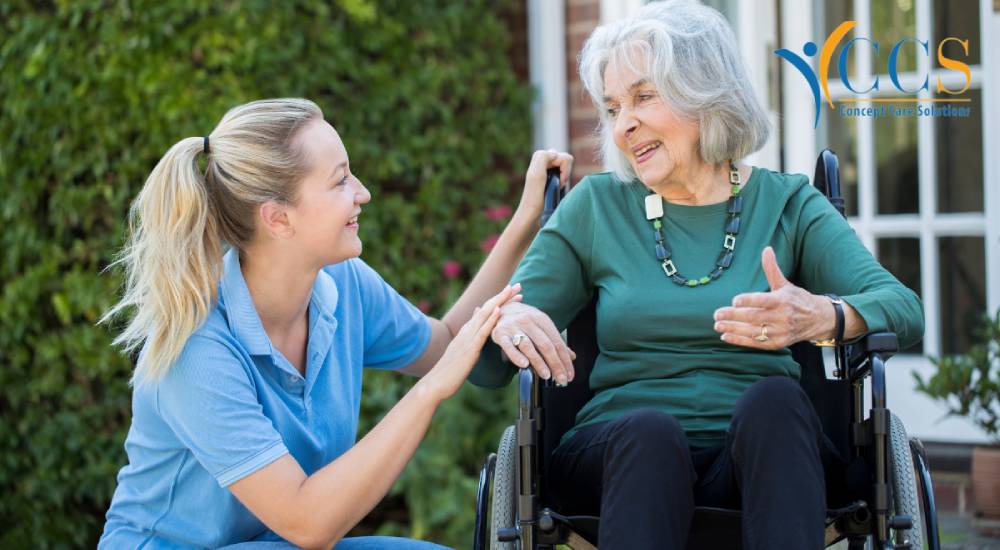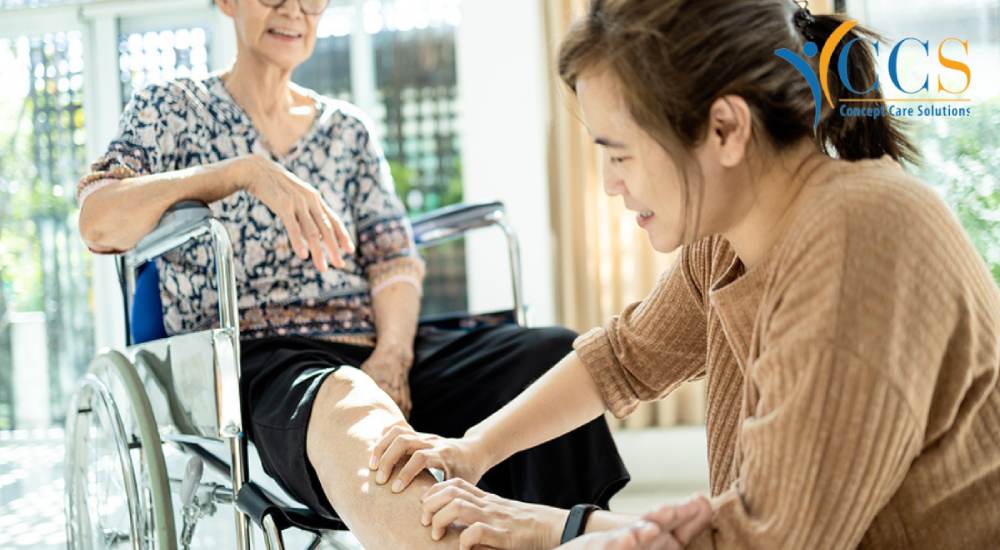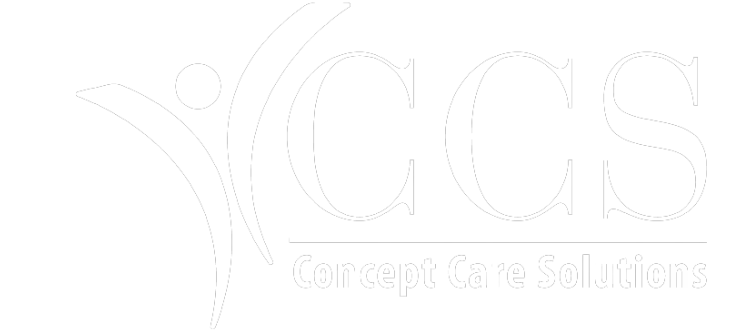The importance of this month?
Sarcoma Awareness Month, observed in July, aims to increase public understanding of sarcoma, a rare and often aggressive disease, and to support those affected by raising awareness and promoting research efforts.
What is Sarcoma?
Sarcoma is a rare type of cancer that originates in the bones and soft tissues, including fat, muscles, blood vessels, and fibrous tissues. Unlike other, more common forms of cancer, sarcomas are particularly insidious because they can develop anywhere in the body, often making early detection difficult.
Early Detection Saves Lives
One of the primary goals of Sarcoma Awareness Month is to highlight the importance of early detection. Given the rarity of this cancer, symptoms are often overlooked or misdiagnosed. Raising awareness ensures that individuals and healthcare professionals are more vigilant, leading to quicker diagnoses and improved outcomes.
Recognising Symptoms
Understanding the symptoms of sarcoma is crucial for early detection:
- Persistent pain in the affected area
- A noticeable lump or swelling
- Unexplained weight loss
- Fatigue
If any of these symptoms persist, it is essential to seek medical advice promptly.
How can you help?
Participate in Sarcoma events
During Sarcoma Awareness Month, numerous events are organised to spread information and raise funds. Participating in these events, whether virtually or in person, can make a significant difference.
Spread the Word
Utilise social media platforms to share information about sarcoma. By spreading awareness through your networks, you can help educate others about this rare cancer and the importance of early detection and research support.
Donate to Sarcoma Uk
Every donation brings us closer to better treatments and, ultimately, a cure. Here is a link to guide you to Sarcoma UK a trusted organisation that’s been around since 2011 helping others who suffer from this diseases
Sarcoma Awareness Month is a vital time to educate ourselves and others about this rare form of cancer. Through early detection, supporting research, and spreading awareness, we can make a significant impact.





